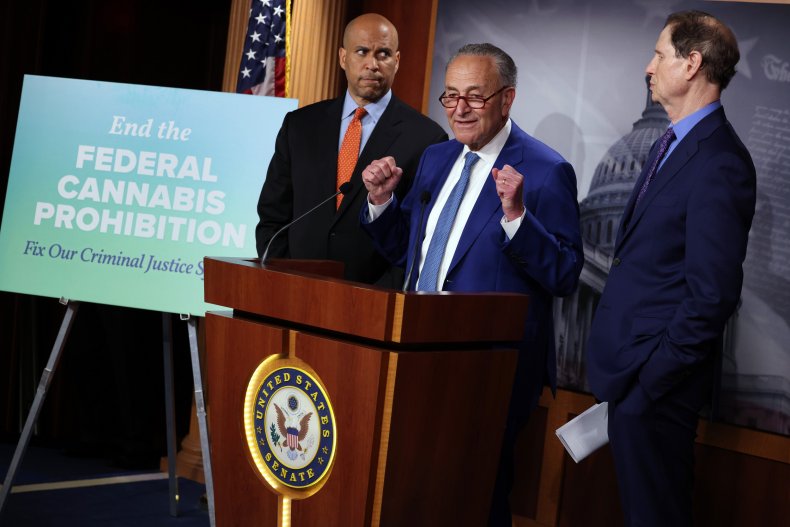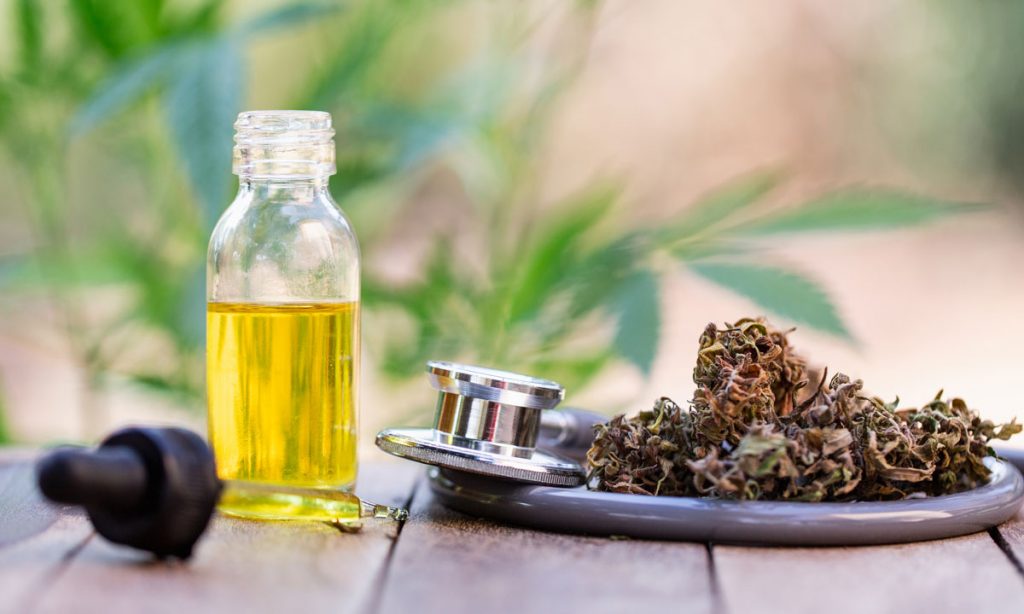There are major risks associated with the consumption of large amounts of cannabis by young children. Unlike in adults, the risks to children include coma and even death if the child is so profoundly sedated that they cannot protect their airway. Other effects include tachycardia, nausea and vomiting, and respiratory depression severe enough to require ventilation. Cannabis ingestion in children is an immediate medical emergency. The risks were recently highlighted in a segment from CBS News.
The legalization of recreational marijuana in a number of states has been linked to an increase in the overall use of cannabis products, which includes a substantial increase in the consumption of edible cannabis. The more widespread availability of edibles poses new risks of accidental exposure, especially in children. Edibles are commonly made as gummies, cookies, brownies, and other sweets that can be attractive to children, and the doses in an individual gummy, etc., in many cases exceed the average dose for an adult.
Reports from poison control centers document a substantial increase in the number of reports related to cannabis in recent years, and reports from edibles are substantially overrepresented: despite accounting for only 11.1% of cannabis sales, 48% of reports involving children under 10 were from the consumption of edibles.
There is evidence that links the increased rate of unintentional pediatric exposure to cannabis to the changing legal status of the drug. From 2005 to 2011, the rates of pediatric exposure rose 30.3% in legal states, whereas there was no change in non-legal states. Therefore, the expectation is that unintentional pediatric exposure will be a worsening problem as more regions of the country decriminalize cannabis and expand access to the drug.
A Cannabis Antidote Could Be The Solution
Anebulo Pharmaceuticals (NASDAQ: ANEB) is investing in a solution to this worsening problem. The company’s lead drug ANEB-001 is an antidote to cannabis intoxication that could quickly reverse the effects of a THC and other cannabinoids in a child. ANEB-001 binds to the receptor in the brain responsible for the effects of cannabinoids (the CB1 receptor) and prevents it from being engaged by THC. This is similar in principle to how Narcan (naloxone) can be used to reverse an opioid overdose.
Copyright
© 420 Intel





